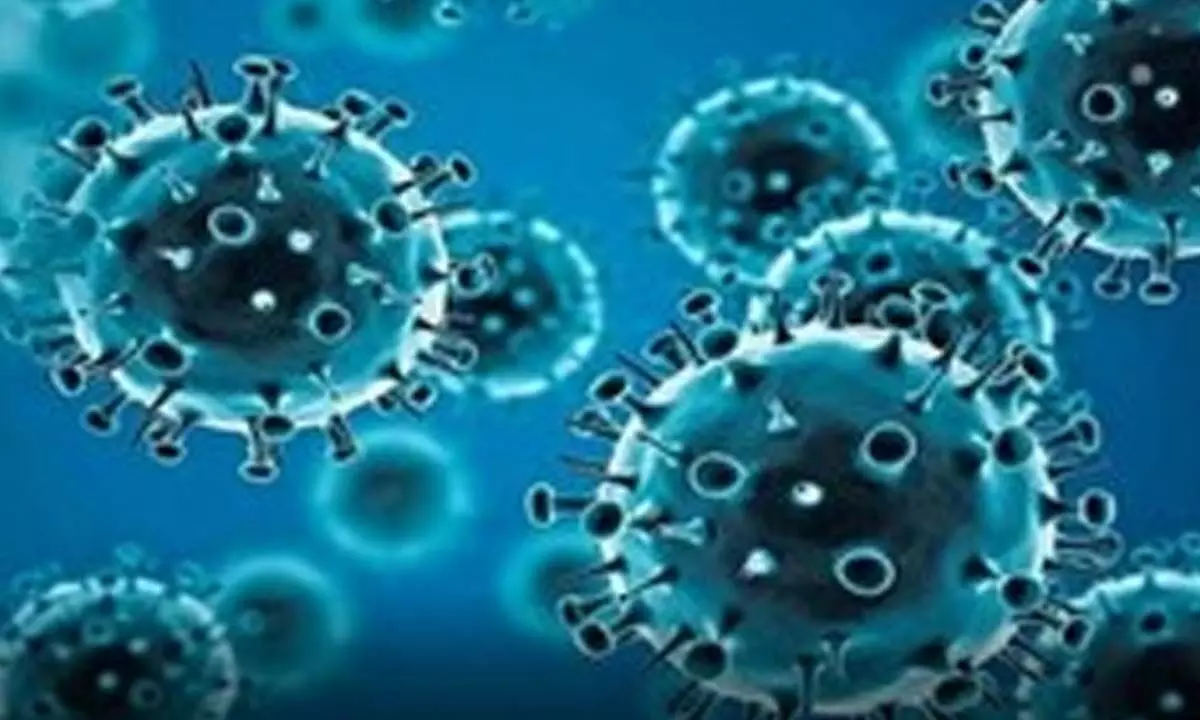Study finds link between Covid-19 mutations and high immune responses
Share :

The heightened immune response triggered by the Covid-19 virus can lead to systemic inflammation and, in the worst cases, it can cause the patient’s major organs to shut down, finds a study.
Dubai: The heightened immune response triggered by the Covid-19 virus can lead to systemic inflammation and, in the worst cases, it can cause the patient’s major organs to shut down, finds a study.
Researchers at the King Abdullah University of Science and Technology identified two adjacent, co-occurring amino acid mutations in the nucleocapsid protein (N-protein) of the SARS-CoV-2 virus, which is directly involved in viral replication within the host, meaning that it also interacts with the immune system.
The N-protein mutations, known as 203K/204R (or KR) correlated with higher viral load and increased severity of Covid-19 symptoms.
For the study, the team combined genomics approaches to profile gene expression in patients infected with SARS-CoV-2 (with and without the KR mutation) and compared these results with healthy controls.
They then found that the expression of pro-inflammatory factors was significantly higher in people infected with the KR mutant SARS-CoV-2.
These patients also had higher expression of interferon-stimulated genes, which trigger host immune defences.
Further, KR patients had an elevated neutrophil-to-lymphocyte ratio, suggesting their bodies were flooded with an excessive immune response.
However, precisely how the KR mutations trigger these responses is still unclear. The transition from the original N-protein motif to the KR motif could hold clues.
"KR mutations might alter the protein’s structural properties, changing its function and interactions or the mutations may impact viral replication or transcription processes, potentially leading to higher viral load and hyper-inflammatory responses,” said Muhammad Shuaib, genetics researcher and a member of the team led by Professor Arnab Pain.
"We might be able to use the mutant N-protein as a target for the development of universal vaccines. such vaccines could offer broad protection not only against emerging SARS-CoV-2 variants, but also against future coronaviruses," said Pain, lead author of the study.
